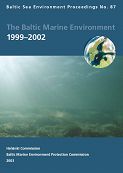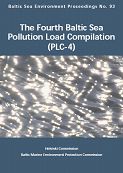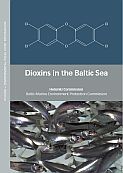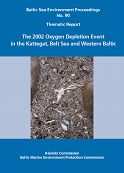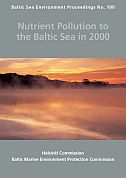HELCOM and the Baltic marine environment
The information provided in these pages is based on HELCOM's work comprehensively assessing the state of the marine environment aroung the Baltic Sea.
The Helsinki Commission has been assessing the effects of nutrients and hazardous substances on ecosystems in the Baltic Sea for the past over 25 years. The resulting assessment reports contain unique compilations of data and detailed analysis based on the scientific research carried out around the Baltic Sea, including the special monitoring programmes co-ordinated by HELCOM.
HELCOM measures and monitors airborne and waterborne inputs of nutrients and hazardous substances (including radioactive substances), as well as the state of all the various compartments of the marine environment (water, sediments and biota).
HELCOM's monitoring work provides valuable data to help experts understand and assess the interactions between the physical environment and all forms of marine life, with particular attention paid to the many and varied impacts of human activities.
HELCOM's assessments help to improve our understanding of marine ecological processes and allow experts to evaluate the impacts of our activities on the marine environment. This work also helps in the setting of objectives for environmental quality, the formulation of policies, and the setting of priorities for actions designed to protect the marine environment, and ensure it is used sustainably.
HELCOM coordinates several monitoring programmes covering the whole Baltic Sea and its catchment. The resultant data is used in:
thematic reports on various topical issues (see HELCOM Publications)
holistic assessments of the state of the Baltic marine environment
